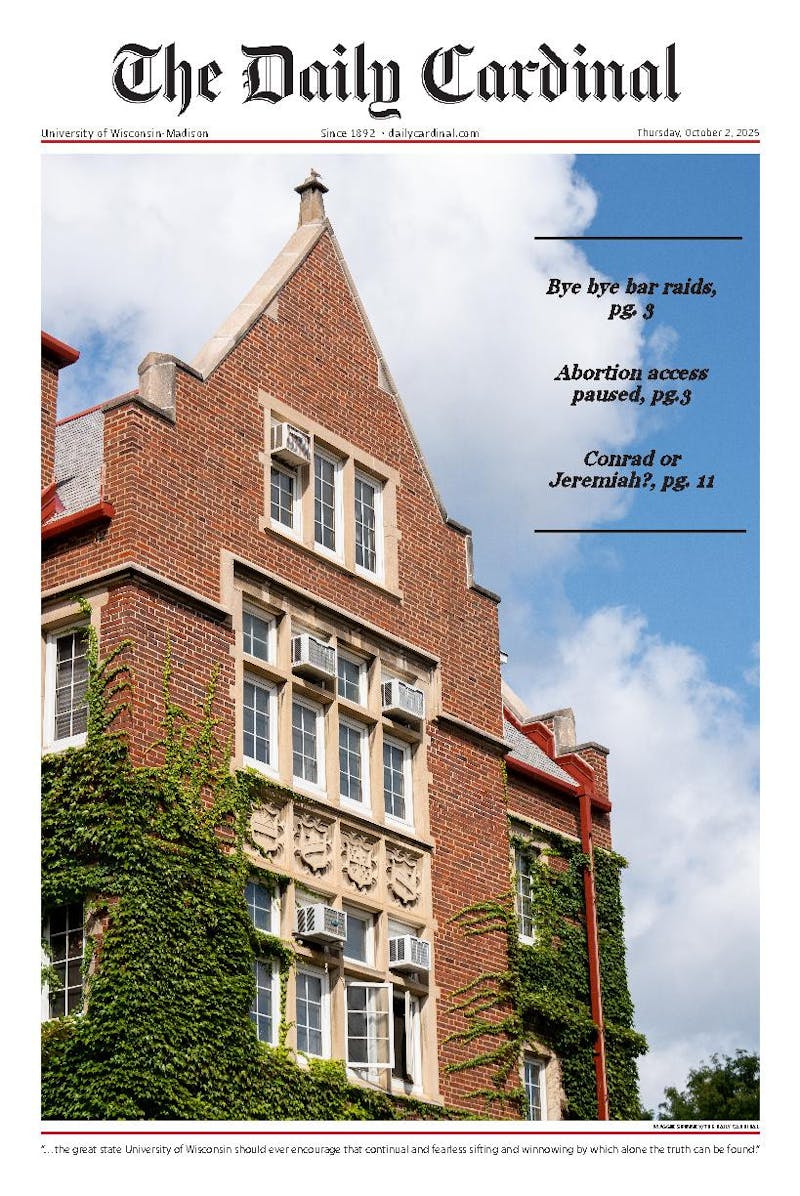Some University of Wisconsin-Madison research will be affected due to the federal government shutdown, according to a message from both the Vice Chancellor of Finance and Administration and of Research.
UW-Madison ranked sixth nationally for research expenditure in 2024 and is at risk for delayed research project funding after the shutdown.
Federally sponsored or funded research projects in progress have been told to “continue with their research, unless they receive other directives or their granting agencies issue stop-work orders requiring that they pause their work,” Vice Chancellor for Finance and Administration Rob Cramer and Vice Chancellor for Research Dorota Grejner-Brzezinska said in the message.
Although research will continue, federal employees are typically unpaid during government shutdowns, so federal employees who assist may be unable, leading to potentially delayed renewals, limited phone calls and paused grant approvals and contracts.
The university said it has been preparing for the possibility of a shutdown and has “planned for multiple scenarios, including the risk that the shutdown lasts for multiple weeks,” according to Cramer and Grejner-Brzezinska.
Scholarships and student loans will be disbursed with no disruptions, and student loan borrowers will still be required to make payments on their debt, according to The National Conference of State Legislatures. Overall, students shouldn’t see any differences when it comes to tuition funding and financial aid as this funding is typically disbursed in the summer, so the timing of the shutdown means the funding will remain untouched.
However, “there may be impacts to application submission, award processing, no-cost extensions, and other tasks that require federal sponsor interaction,” the UW-Madison Research and Sponsored Programs said.
Further interferences depend on the length of the shutdown, and the university claims to be in a strong financial position despite federal funding cuts. In March, Congress passed a bill to keep the government running. However, the bill’s deadline was in September, so the university took care to support funds to keep programs and projects running in the chance of a possible shutdown.
These funds that would provide stability in case of a shutdown would help to “...protect our research enterprise, to maintain and enhance the student experience, and to provide continued support for faculty, staff, graduate and undergraduate students,” Chancellor Jennifer Mnookin, Provost Charles Isbell Jr. and Cramer said.
UW-Madison also advised campus on the impacts of immigration services and international travel during the shutdown, saying in a memo there could be limitations for these resources.
The longest government shutdown in the nation’s history was the most recent one, from December 2018 to January 2019, lasting 35 days during President Donald Trump’s last term. In other cases, it is typical for the government pauses to not last much longer than a few days. There is uncertainty with what to expect as far as negative impacts from this shutdown without having knowledge of its longevity.
UW-Madison will continue updating students and faculty on the university’s relationship with the federal administration on their Federal Relations website.






